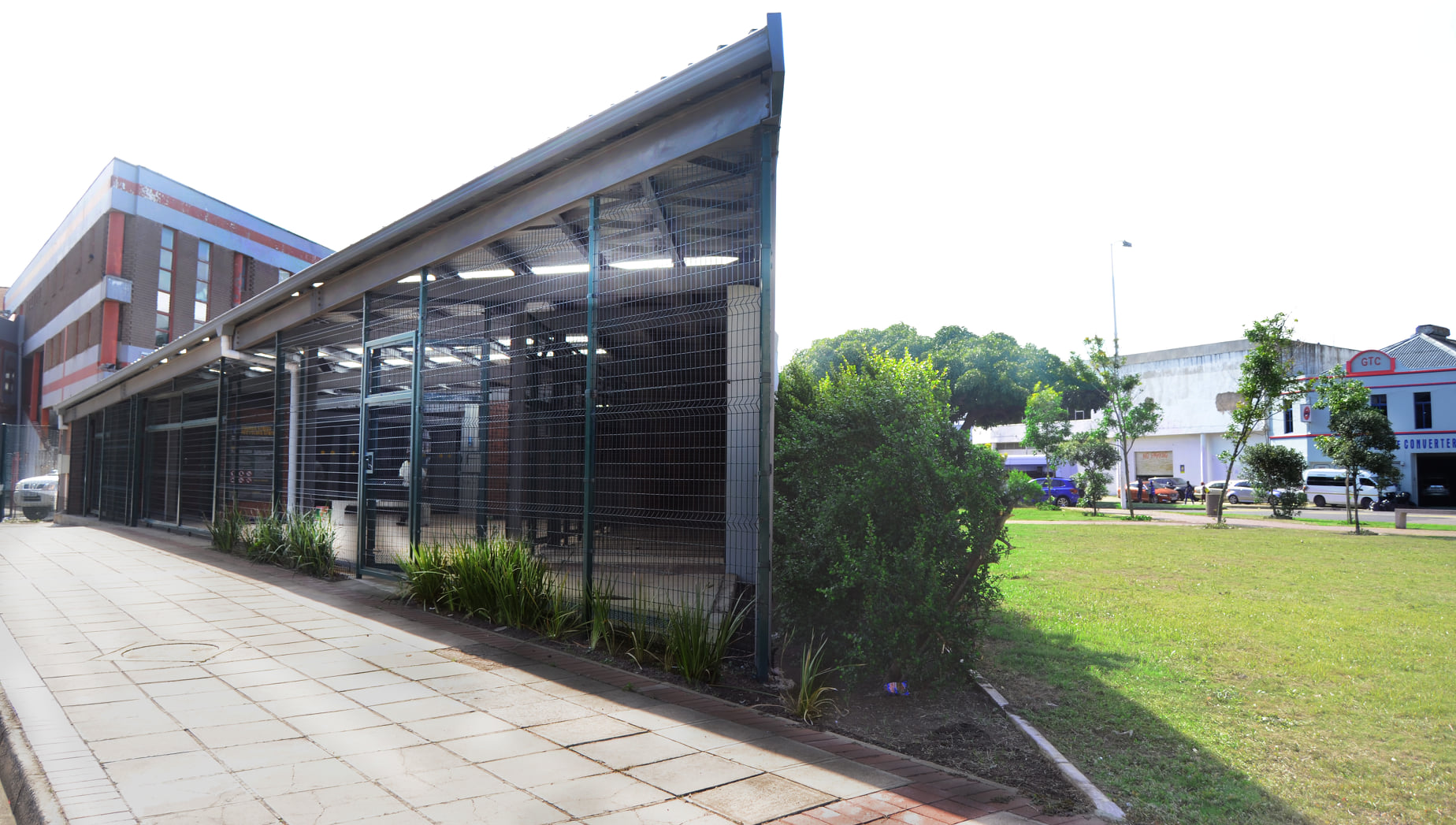Priyanka Govender
Many have seen a woman pulling a mountainous heap of stacked cardboard on a trolley, straining to navigate the hot and cluttered Durban sidewalk as we drove past on our way to somewhere else. It’s a natural occurrence where we live that not many have spared this more than a passing thought. But how many know how truly vital the process of informal waste recycling is, not only to our environment, but to our economy and the livelihoods of many informal workers?
In our modern economy, this form of recycling has become an occupation in a society where many are struggling to find work. People traverse the city salvaging waste and even go as far as to ask hotels and restaurants for any discarded waste such as plastic or cardboard so they can collect and sort it in exchange for money.
This process saves our municipality money by allowing them to not invest copious funds in waste management systems which include the transportation of waste to landfills or the handling of large amounts of waste which are reduced daily due to informal waste recyclers. It saves over millions of rands in landfill space, promoting waste reduction and allows us to make steps towards having a greener economy. Inner city informal waste recyclers are estimated to salvage an average of 150 tonnes of cardboard a day. But considering the importance of this job, the people who are employed by it face an unfair amount of harassment, prejudice, and obstacles.
The police have an unsympathetic and aggressive attitude towards informal workers. They have regular raids on the recyclers, mandated by the municipality as they tend to sort and process their waste on sidewalks, obstructing the natural flow of people and creating a restricted public walkway. Due to the public nature of their processes many waste pickers have said their goods are often victim to theft, leaving many with nothing to show for weeks of collecting. They are also looked down upon by many residents and are harassed by the youth when caught in certain “territories” in the city. The waste pickers are exploited by businesses who sometimes require them to do manual labour such as offloading goods or other tasks in exchange for recyclables. And even Durban’s hilly landscape offers them an everyday obstacle of navigating their mishappen carts uphill and over rocky terrain.
Taking these issues into consideration the Municipality, supported by Asiye eTafuleni built the Palmer Street Recycling Facility, a project that seeks to provide a solution that is tailored to the needs and concerns of the waste recyclers. Across from the Durban ICC, it is a building complete with weighing equipment and storage space. It provides a private and efficient space for the workers to do their sorting and processing contributing to the idea of a “safe sidewalk” one of AeT’s primary goals. Now with this space the workers don’t have to resort to sorting material on the street and not only does the public not have to deal with obstructions in their walkways, but the workers now have a location where they can confidently operate without worry of harassment.
Its storage facilities are able to lock, allowing them to store their materials, carts and valuables so they are safe during the day when conducting business and overnight, thus reducing the risk of theft. The facility is in a convenient location in the city centre, agreed upon by many in the community of waste collectors in consultation during its development. The inclusion of the waste collectors in the project’s development did not stop there. Custom carts, which are used to tote waste from collection points, were designed with their input to make their jobs all the more comfortable.
The project also works to improve the credibility and legitimacy of the profession of a waste collector. This is one of many informal jobs that hundreds of people rely on to make a living in this modern economy and so the project gives many of the workers a uniform of sorts: a neon green shirt, identity card and custom designed carts. This allows them be completely visible and recognized by the public as waste collectors. The facility also boasts toilets and changerooms so the workers can go from night to day in their new uniforms, cementing a culture of professionalism. These elements and the facility lend an air of dignity to the job and its workers that will hopefully be further cultivated in years to come.
This project has flourished and encouraged the profession of waste collectors to be a viable and safe option to the community. It has also become an important venue for a national recycling project by Use It. We attended the induction ceremony of 20 new workers into the programme. The excited and hopeful atmosphere was contagious as many faces shone with anticipation to be introduced to a programme that many depend on to support their homes and families. It was heartwarming to see the collaboration, dedication and consideration that has gone into the project and the fruits of such labour in the faces of many of the proud incoming members of the national recycling programme at the Palmer Street Recycling Facility.






Amazing Article! Can’t wait to read more
Amazing facility, would love to visit